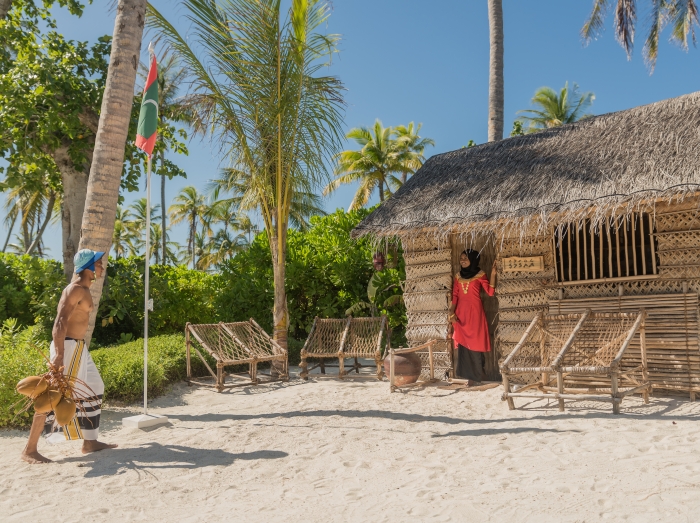The United Nation World Tourism Organisation (UNWTO) has designated 2020 as the year of Tourism and Rural Development, with hopes to decrease the negative impacts of the infrastructural development of the tourism industry on the country and the entire planet as a whole, as well as to promote the rural traditions within the tourism industry.
The theme of this year, without doubt resonates with the Maldives immensely. With the introduction of tourism in to Maldives in 1972, Maldivian businessmen have ripened the country for the industry over the past 48 years. Almost the entire industry is based on advertising Maldives as a paradise on Earth by showcasing the natural beauty and resources of the country.
When Maldivian Tourism began in 1972, it was famous for simplicity and the sustainability. Today after 48 years, we have over 50 lagoons leased to be reclaimed for tourism development. Can we still claim our tourism developments are sustainable and environmentally friendly?
— Transparency MV (@TransparencyMV) September 27, 2020
According to the latest statistics, Maldives has 132 resorts, all of which have been developed on uninhabited islands. Over the years, many have complained of sand being mined from the lagoons of other islands in order to make the beaches of these islands appear “pristine”.
What is also something of concern, is the insurmountable damage caused to the natural reefs and lagoons of the islands in the process of being developed into resorts. Surely such irreversible damages would cost the environment and Maldivians more that the dollar bills that fill the pockets of the rich.
Another harrowing insight into the lush green seen in resorts, have many a times been robbed from inhibited islands. Coconut palms, among the most commonly taken in mass to be replanted in resorts, not only robs the locals of the benefits of their own land, but also creates a false pretense in how Maldives is represented as “natural”.
Hence, in allegiance with this year’s theme, it is of utmost importance for the government of Maldives to formulate and implement policies which adopt eco friendly ways in promoting the true Maldives – which in its natural form embraces the rural lifestyle Maldivians take true to heart.





